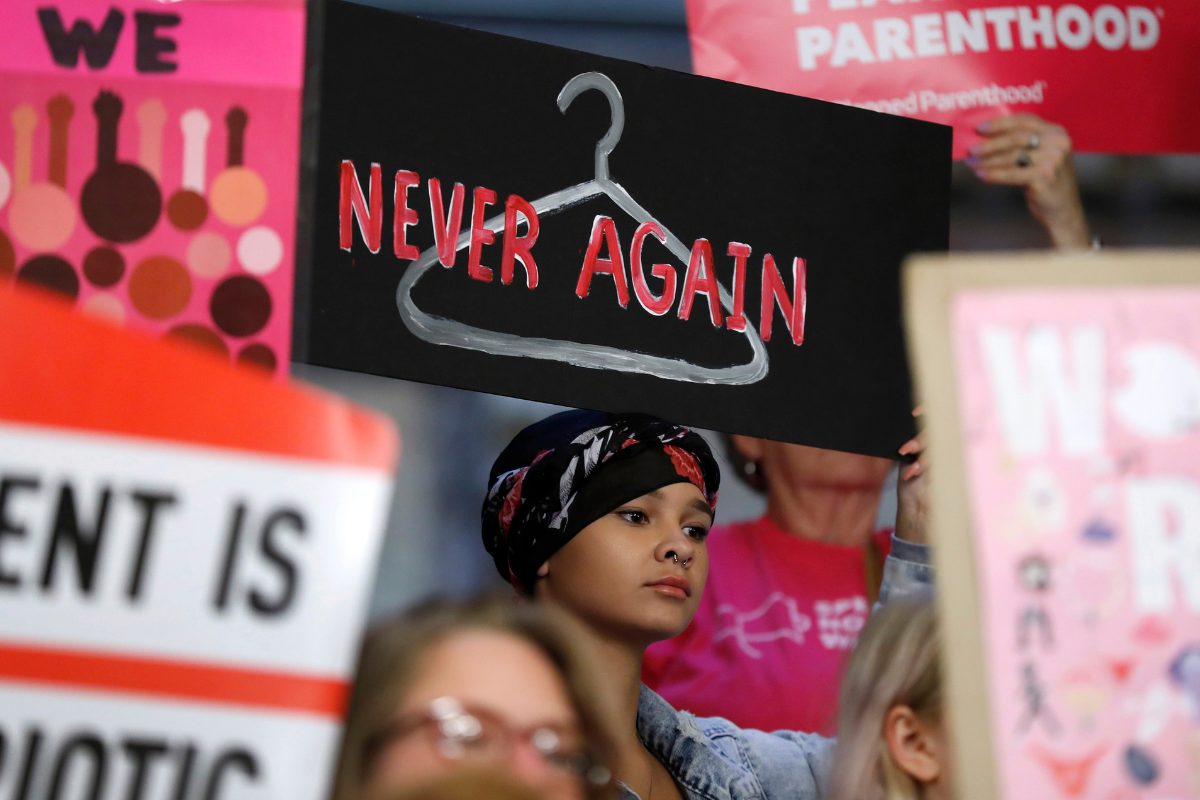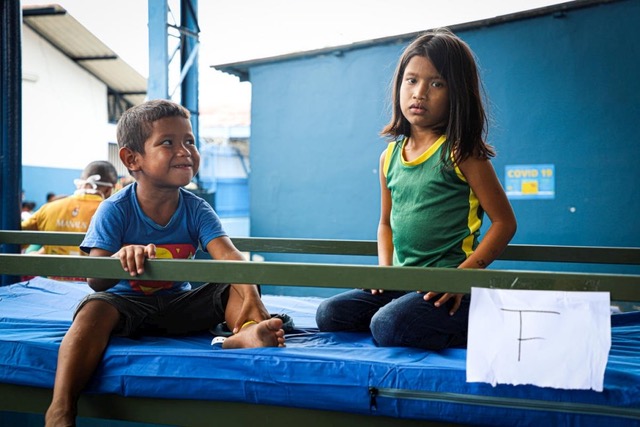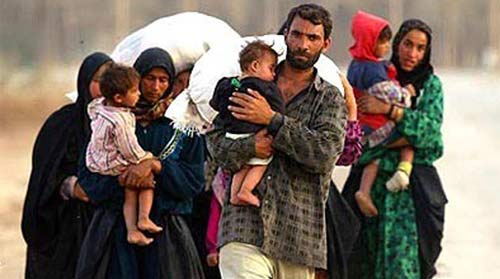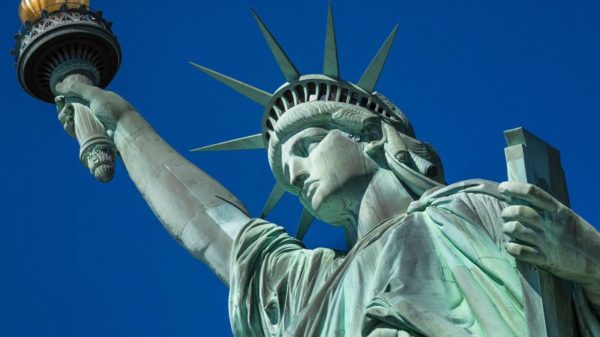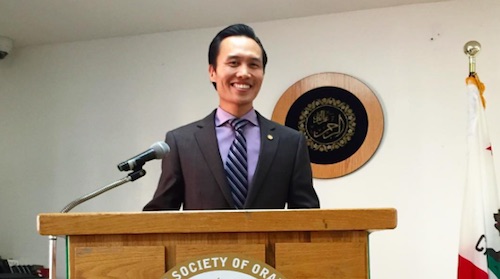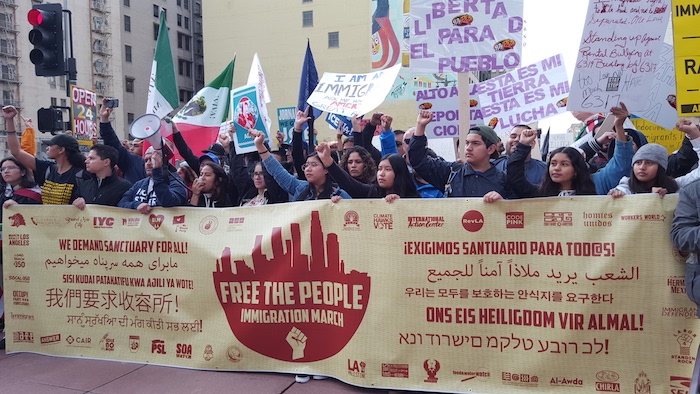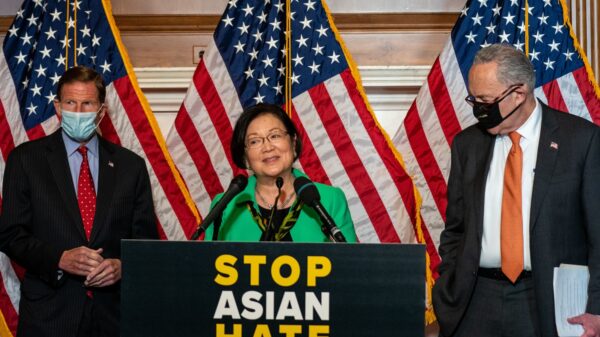Magazine, Immigration, Latino Rebels
By MIGUEL A. MALDONADO JR., ELLA KLAHR BUNNELL, MYRAIDA MELENDEZ and IVAN ESPINOZA-MADRIGAL
BOSTON — Coverage of June’s U.S. Supreme Court decision in Dobbs v. Jackson Whole Women’s Health has focused on its devastating impact on reproductive healthcare access in states with the most restrictive laws, such as those in the South and Midwest.
But Massachusetts is by no means immune from the aftermath of the decision. Even here, Dobbs will impact women and other pregnant people in far-reaching ways. Threats of interstate criminal prosecutions will chill both healthcare workers and patients and undermine access to care, particularly for undocumented immigrants and other vulnerable populations.
In Massachusetts, a recently enacted executive order bars the Governor’s Office from cooperating with extradition attempts from anti-choice states pursuing criminal charges related to reproductive healthcare services. However, this executive order does nothing to prevent rogue law enforcement officials in Massachusetts from collaborating with attempts to criminalize interstate travel for abortion care.
It would only take one anti-choice official to facilitate an interstate prosecution, and thereby undermine Massachusetts’ protections.
This conundrum mirrors recent conflicts over “sanctuary cities,” which demonstrated the power held by individual law enforcement officials to thwart city- and state-level efforts to protect people. Amidst controversies over “sanctuary cities” in 2017, Bristol County Sheriff Thomas Hodgson sought greater entanglement with federal immigration authorities and even called for the arrest of public officials who committed to immigrant-friendly policies.
Even in Massachusetts, Dobbs will have a particularly chilling effect on undocumented immigrants’ willingness to seek reproductive healthcare. The potential involvement of law enforcement in health-related matters will certainly deter vulnerable populations’ willingness to seek healthcare.
Indeed, even while Roe v. Wade was in effect, undocumented immigrants in Massachusetts often expressed reluctance to seek medical attention. In the wake of the now-rescinded “public-charge” rule, a Trump-era policy that sought to penalize certain immigrants for receiving public assistance, studies confirmed that undocumented immigrants avoided seeking healthcare for fear of perceived immigration ramifications.
Even in the midst of the pandemic, immigrants eligible for Medicaid did not use their benefits or re-enroll in the program, fearing that if “they depend on the government, [they will be] the first to be expelled.”
Likewise, a 2020 study led by the Medical College of Wisconsin in partnership with Lawyers for Civil Rights found that nearly one-third of immigrants assumed they would be penalized for seeking COVID-19 treatment, even though federal guidance indicated otherwise.
Discussions with undocumented immigrants further suggest they will avoid seeking emergency medical assistance during pregnancy. Their reluctance to seek medical assistance is tied “not so much [to] what happens at the doctor’s office as the journey to the doctor’s office and going back.” The fear of being apprehended by ICE and harmed in custody is not baseless, as 2021 report from the National Partnership for Women and Families found dozens of examples of pregnant women who experienced miscarriages and other pregnancy-related complications while in ICE detention due to “inadequate and delayed medical attention, the denial of prenatal care, and being subjected to practices such as shackling around the abdomen.”
Just months ago, Lawyers for Civil Rights represented a Haitian woman who experienced a miscarriage due to medical neglect while under immigration custody.
And it’s not just vulnerable people who will feel Dobbs’ chilling effect—it will impact healthcare providers as well.
Restrictive laws, such as those enacted in Texas and Oklahoma, purport to contain exceptions to criminalization for “medical emergencies,” but the scope of what constitutes a “medical emergency” in the context of pregnancy complications is hotly contested and legally vague. Standard treatments for conditions like ectopic pregnancies and fetal demise typically involve procedures and medications that induce miscarriages.
Medical professionals will now be confronted with a host of crucial questions —where the wrong answer might well mean jail time— including: What constitutes a “life-threatening” emergency? Which treatments are warranted when those emergencies occur? Must medical professionals wait until a pregnant person is on the brink of death to intervene? Is the person who I am treating from Oklahoma or Mississipi, or another state that criminalizes abortion? Should I ask? Or am I better off not knowing?

